Keywords: Corruption
There are more than 200 results, only the first 200 are displayed here.
-
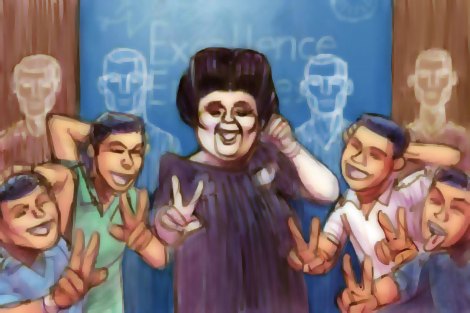
INTERNATIONAL
- Fatima Measham
- 29 August 2014
7 Comments
As the world marks the International Day of the Victims of Enforced Disappearance on August 30, new generations of Filipinos find it hard to grasp what it meant to express dissent when Ferdinand Marcos was president. Some assert that, compared to the current standard of governance and politics, life must have been better under Marcos. Such perceptions are validated when trusted institutions invite Imelda Marcos as guest of honour.
READ MORE 
-
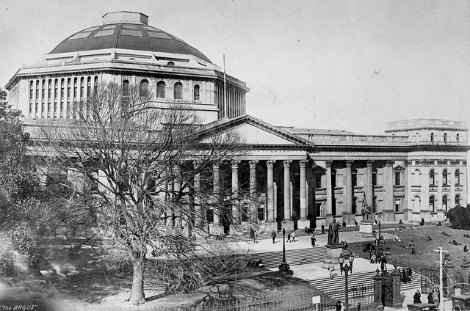
MARGARET DOOLEY AWARD
- Andy Lynch
- 27 August 2014
9 Comments
The kind of Australia we live in today can be directly attributed to the kinds of institutions built 150 years ago - schools, universities, libraries, museums, and more. But in 2014 is it even possible to carve out new public institutions or give new life to those that have waned in relevance?
READ MORE 
-

AUSTRALIA
- John Warhurst
- 26 August 2014
5 Comments
Both sides of NSW politics claim to have turned over a new leaf and support tough new lobbying regulations, separating paid lobbyists from party office-holding, and increased transparency surrounding all dealings with ministers. But at the heart of the shambles are not commercial lobbyists but personal and institutional ethical failure, often driven by the lure of self-interest and advantage whether it is in getting elected or in feathering their own nest.
READ MORE 
-
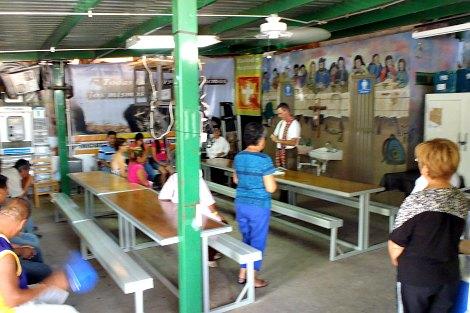
AUSTRALIA
- Frank Brennan
- 15 August 2014
30 Comments
We Australians confront none of the complexities of sharing a land border with a poor neighbour. Most Americans, I find, consider our policy morally repulsive and just stupid. They cannot believe that we routinely lock up children, that we recently held 157 people on a ship in the Indian Ocean for almost a month, and that we are now going to send up to 1000 asylum seekers to Cambodia.
READ MORE 
-
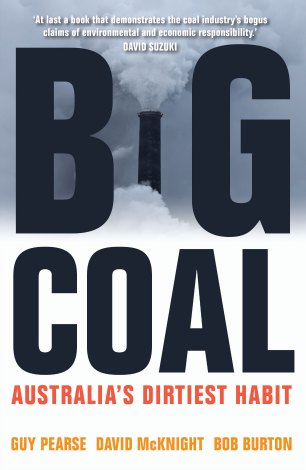
ENVIRONMENT
- Thea Ormerod
- 30 July 2014
18 Comments
I am a grandmother of six, a practising Catholic and for some years was our local Catholic youth group mum. I was drawn to protest actions because other ways of protecting the future for my grandchildren were proving fruitless. Having stayed with the protesters and seen them in action, I have been impressed with their disciplined dedication to an ethic of peaceful non-violence. It is not 'violence' to frustrate mine workers and annoy the police.
READ MORE 
-
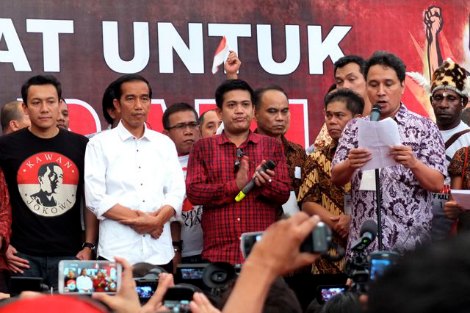
INTERNATIONAL
The day after the result of Indonesia's presidential election was announced, I joined crowds of excited Indonesians in central Jakarta to celebrate Jokowi's election as Indonesia's seventh president. Did you see the rainbow? asked a supporter. I hadn't, but even if the heavens had opened and soaked everybody to the skin, it would have been taken as another sign that God too had voted for Jokowi.
READ MORE 
-
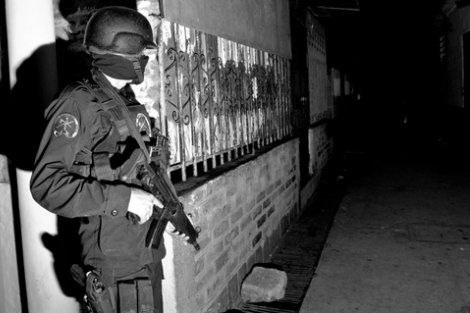
INTERNATIONAL
- Antonio Castillo
- 23 July 2014
2 Comments
The exodus of thousands of unaccompanied and undocumented children from Central America countries to the US — via Mexico's unforgiving northern border — has become a humanitarian crisis of unprecedented dimensions. While organised crime continues, economic violence remains unresolved and the US doesn't get its migration policy right, such children will keep risking their lives.
READ MORE 
-
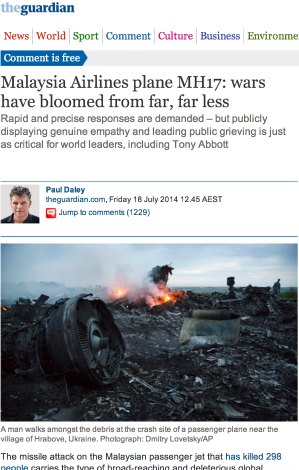
INTERNATIONAL
The horror of the crash that killed 298 people was not a day old before blame was being vigorously assigned by all sides. Not only is this deeply unhelpful and disrespectful, it obscures the fact that, whatever actually happened, a terrible tragedy is at risk of being compounded by the hot-heads on all sides calling for more war and escalation of a conflict in which both Russia and the United States have acted with rank opportunism.
READ MORE 
-

INTERNATIONAL
- James O'Brien
- 02 July 2014
6 Comments
FIFA World Cup Brazil 2014 is in the knockout stages. Brazil’s team is through to the quarter finals, much to the joy and delight of home fans. Yet to what extent can Brazilians actually celebrate? The tournament has come at much social and economic cost.
READ MORE 
-
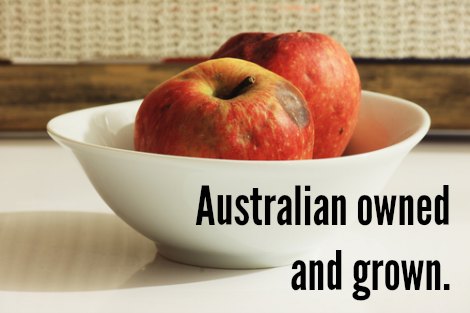
AUSTRALIA
- John Warhurst
- 30 June 2014
16 Comments
We should open our eyes and take in what multiple government inquiries, among them the Royal Commission into Institutional Responses to Child Sexual Abuse, are telling us about Australian society. It is not enough to focus on just one; we should consider the revelations cumulatively. It is little exaggeration to say that almost no major institution in our society, public or private, has been left untouched. We should join the dots and cry.
READ MORE 
-
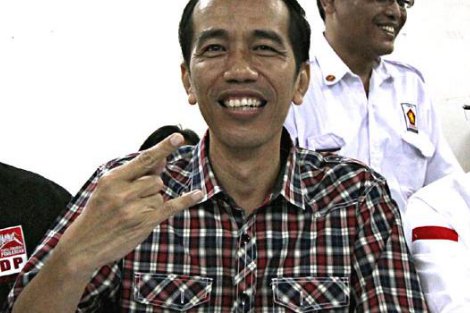
INTERNATIONAL
On 9 July, Indonesians will vote on their next president by punching a hole in a ballot paper with a large nail. Timor-Leste used the same system for its historic independence ballot in 1999. The issues differ of course but the choices to be made are equally stark. Democratic development and human rights in Indonesia will either advance or regress depending on who is nailed next month.
READ MORE 
-

INTERNATIONAL
- Denise Coghlan
- 24 June 2014
5 Comments
In 2009 Cambodia enacted its own laws concerning refugees. If asylum seekers are found to be refugees they are given a prakas that allows them to stay legally in Cambodia but which is not accepted as a proof of identity by most employers, businesses and banks. The sense of insecurity of those seeking asylum is heightened by the memory of the 29 Uighur asylum seekers who in 1995 were deported from Cambodia to China at gun point.
READ MORE 